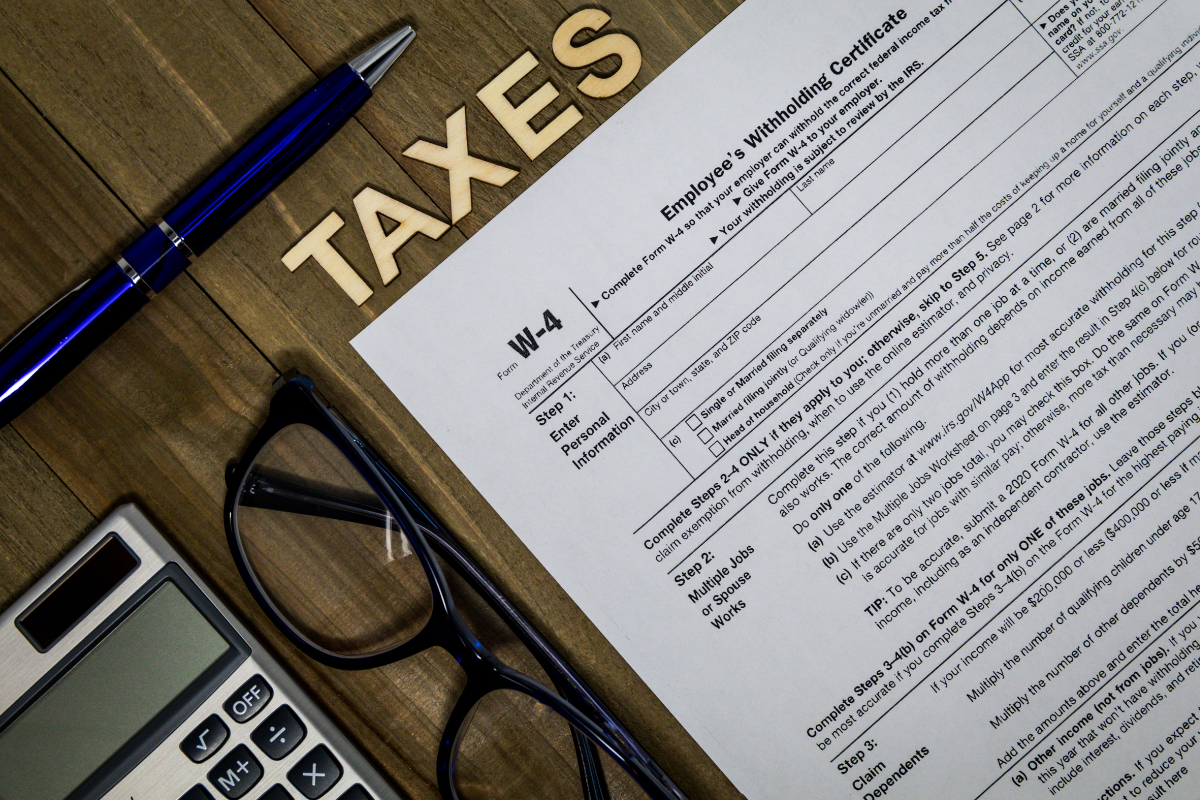
November 16, 2022
Backup withholding is a certain method that the IRS implements as a way to make sure that the taxes that are associated with specific types of income are paid on time if not in general, especially if taxpayers have failed to properly report these taxes as part of their tax returns in the past. Payers are not required to withhold a certain portion of these payments from taxpayers, but they must take measures to report them via an information return.
Backup withholding often applies in situations where tax withholding is not necessarily required. Gambling income is an example of this type of scenario. Yet another situation in which the IRS implements backup withholding is when it comes to certain self-employment earnings or interest income that was not properly reported in prior years.
The IRS may also impose a backup withholding tax in circumstances where a discrepancy with the Social Security number or taxpayer identification number of an individual is discovered. Backup withholding tax comes into the picture as a way of ensuring that all relevant taxes are paid to the IRS promptly and in full.
You are also likely to be subject to backup withholding taxes if you fail to accurately report your income or you provide your employer with an incorrect TIN. As such, the majority of payments that are reported via Form 1099 can result in backup withholding. Also, your employer will have filed a form with the IRS as a term of hiring you, with that form being either a W-2, a 1099-MISC or a 1099-DIV.
The IRS makes use of these forms as a way of verifying that the income you have reported accurately matches the income that your employer has claimed that you earned. If for any reason your name, your SSN or your TIN is not identical to what you reported and what your employer reported, then the IRS will face difficulty when it comes time to process your return.
Here are other forms of money that could be subject to backup withholding:
Payments that are omitted from the list of monies that could be subject to mandatory withholding include retirement account distributions, real estate transactions and compensation stemming from unemployment.
Businesses and financial institutions alike will withhold a flat rate of 24% when it comes to the income of their employees. The amount withheld is classified as backup withholding under the following circumstances:
The backup withholding rate is 24%, and this will remain true until at least 2025. You can either prevent or reverse backup withholding by supplying your payers with the correct information, which can be relayed via Form W-9, as soon as possible.
You’ll receive a B notice from the IRS if IRS officials cannot match your name to the TIN you provided prior to the implementation of backup withholding. Making sure you supply your payers with correct information about yourself and your TIN or SSN is the best way to halt backup withholding if it has already begun.
You can request that the IRS not resort to backup withholding or stop it even once it has already begun by letting the agency know about the following situations:
The IRS will take measures to provide you with certification as well as notify payers if it decides that backup withholding either is not required or should be stopped in its tracks.
Any federal income tax that is withheld from your income as a result of backup withholding will be reported via Form 1099. When you file your tax return, you can then report that withholding as part of the taxes you have paid.